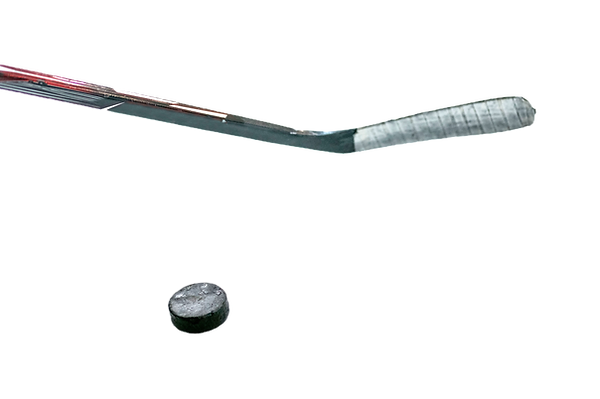What Does Psychological Safety Look Like?
Psychological safety pays attention to the age levels and mental health of the youth participants.
01
Show what you value & repeat, repeat, repeat. (through policy & programming)
02
Listen to youth voices. (include them in the solutions)
03
Assign a YOUTH Liaison for each team.
(who connects with the kids directly)
04
Have explicit policies that connect to external Guidelines.
(to educate & promote compliance)
Associations
Kids Parents & Coaches
01
Speak up & Listen.
02
Spread the message.
03
Share your story.
We are committed to:
-
Ongoing education and leadership training—not just for players, but also parents, coaches, and boards. Lifelong learning never stops!
-
A focus on psychological safety and youth voice to keep minor children and youth voice at the center of everything we do.
-
Continuous research integration to keep strategies current and evidence-based.
-
Welcoming contributors and partners to ensure what we do leaves a lasting legacy.
Consultation
We can help with policy & training tailored to your Association or group.
Mental Health
Solutions tailored to your situation:
Counseling intake & referral
Individualized Group Training
MHFA (Mental Health First Aid Provider),
PFA (Psychological First Aid)
Research
Link to us to share how data-informed practices and lived-experiences link to solutions
Contact Us
Need Support or Looking to Connect?
Whether you're seeking a review of your association’s policies, interested in workshops on mental health & psychological safety, want training for youth liaisons, or a parent looking for guidance—reach out.
We offer consultations, coaching, and connections to help build safer, more supportive environments in minor hockey.
Let’s talk.
If you’re looking for 1:1 counseling we also offer direct support or can
connect you with affordable, experienced professionals through our network. of proven mental health resources. You're not alone—we're here to help.



